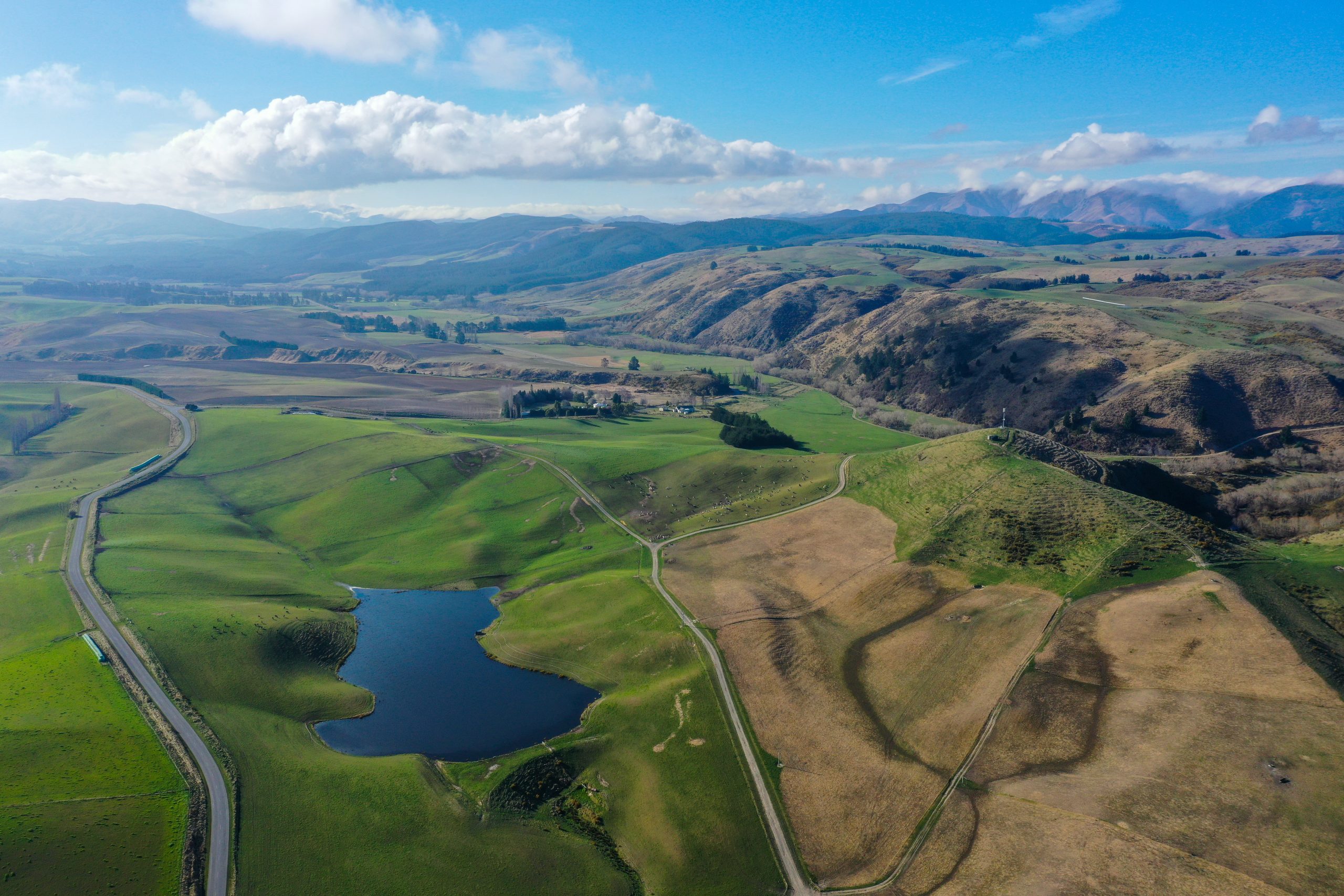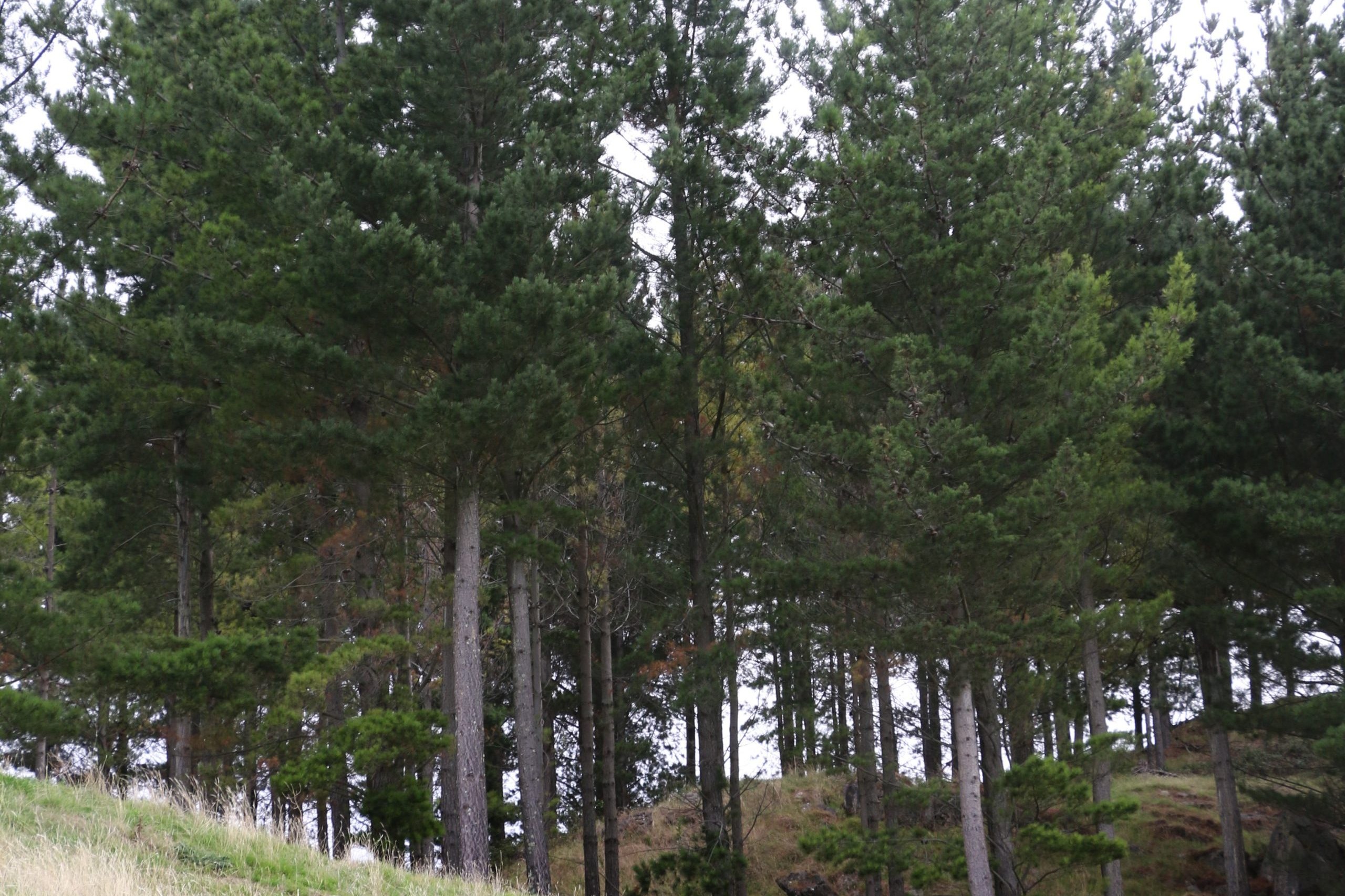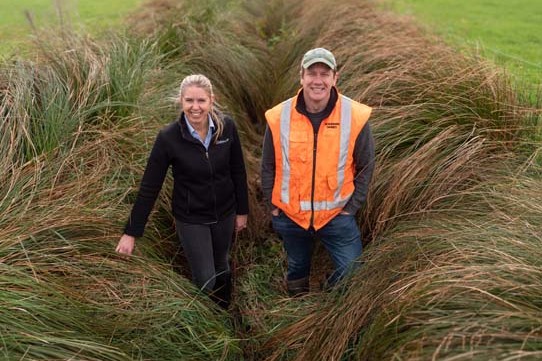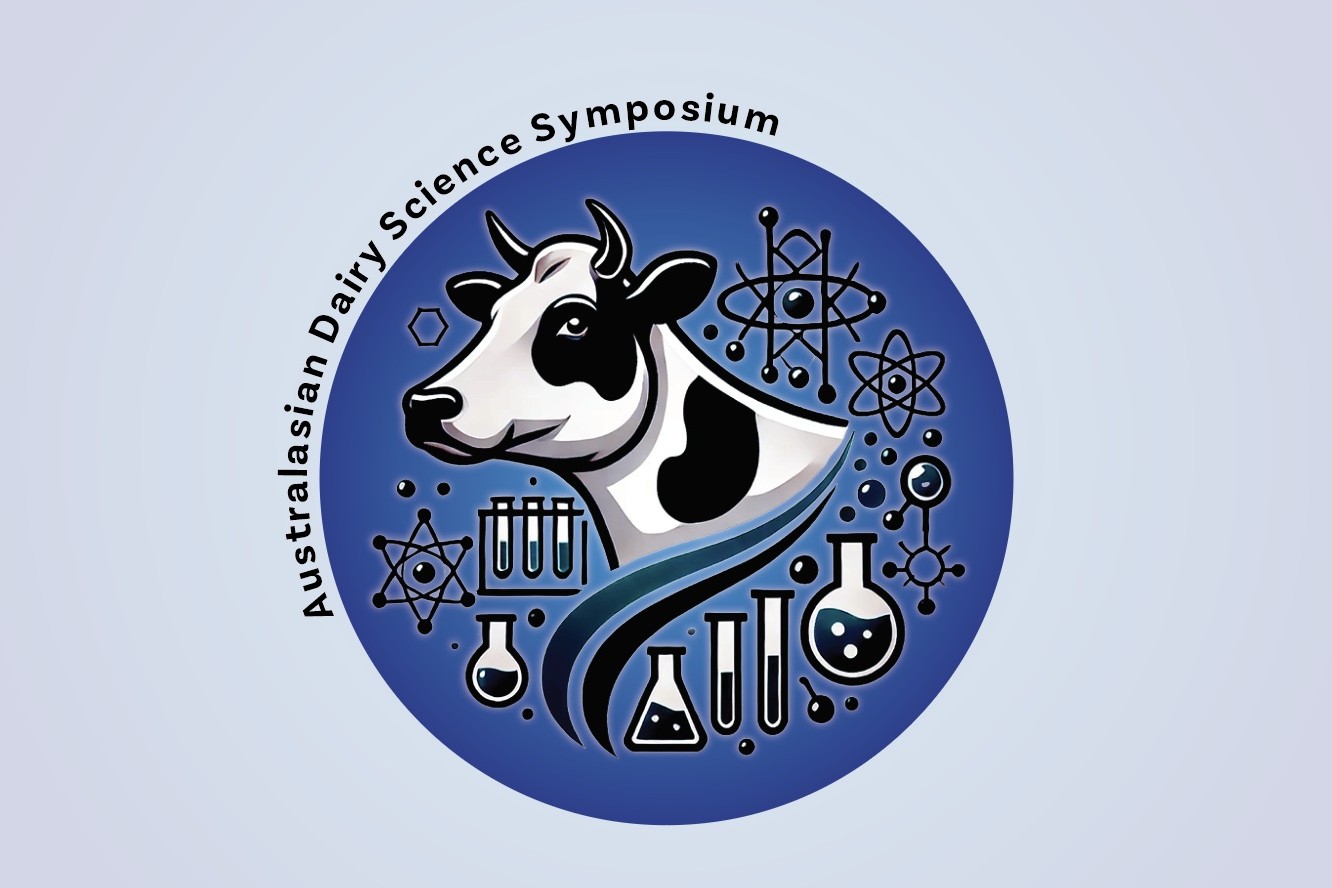Sheryl Haitana
If you don’t change, you’re dead, Sir Graham Henry told dairy farmers at the 2019 Effluent & Environment Expo held at Mystery Creek in November.
The former All Blacks coach said he empathised with farmers as he could see they are under overwhelming pressure, which he has had plenty of experience with.
“I can see you’re under the pump. You need to find solutions, not excuses.”
Customers and consumers are increasingly concerned about where their food comes from. NZ continues to be a preferred origin for food, which is a great thing.
He said his greatest achievement was not winning the 2011 Rugby World Cup, it was going through the 2007 loss and having to change his mindset, which changed his coaching style late in life.
“I realised it wasn’t about me – it was about them.”
About 1000 people visited the Expo held over the two days, including a group from Tasmania who, despite limited regulation, want to ensure they are on the front foot with effluent management.
Organisers Matt and Amanda Hodgson from Archway Group are committed to running the Expo to continue to educate farmers on the latest technology, equipment and effluent management tools available.
The free event encompassed a broader environmental emphasis this year to give farmers information on managing their total farm environmental footprint.
Seminars included talks from Fonterra’s Charlotte Rutherford on the recent policies coming out of government, how it relates to market pull, and what Fonterra is doing.
For dairy farmers the increasing regulation was going to put increased cost onfarm.
“The increase in costs onfarm is something I lose sleep about in terms of what’s happening for our farmers. It’s a huge issue and of great concern to me and Fonterra.”
Fonterra’s job is to manage the impact of that cost and extract more value from the market to offset some of that cost, she said.
A large team at Fonterra is looking at the opportunities in the market around provenance and sustainability.
“Customers and consumers are increasingly concerned about where their food comes from. NZ continues to be a preferred origin for food, which is a great thing.”
Sales from dairy products with clean labels, such as GMO-free, are expected to grow by $30 billion in 2020, she said.
In regard to managing cost onfarm, farmers need to ensure they’re spending their money in the right place.
For effluent management and containment, farmers need to do their figures and get independent advice, DairyNZ environmental extension specialist Logan Bowler said.
“It’s about getting the right fit for your farm.”
Farmers should be doing plenty of calculations looking at things like water use, application rates, soil type on their effluent block, storm water diversion, season length, and comparing different levers.
The difference it can make to effluent storage requirement can be night and day, he said.
- For more information and to watch all the seminars from the Effluent & Environment Expo visit www.effluentexpo.co.nz





